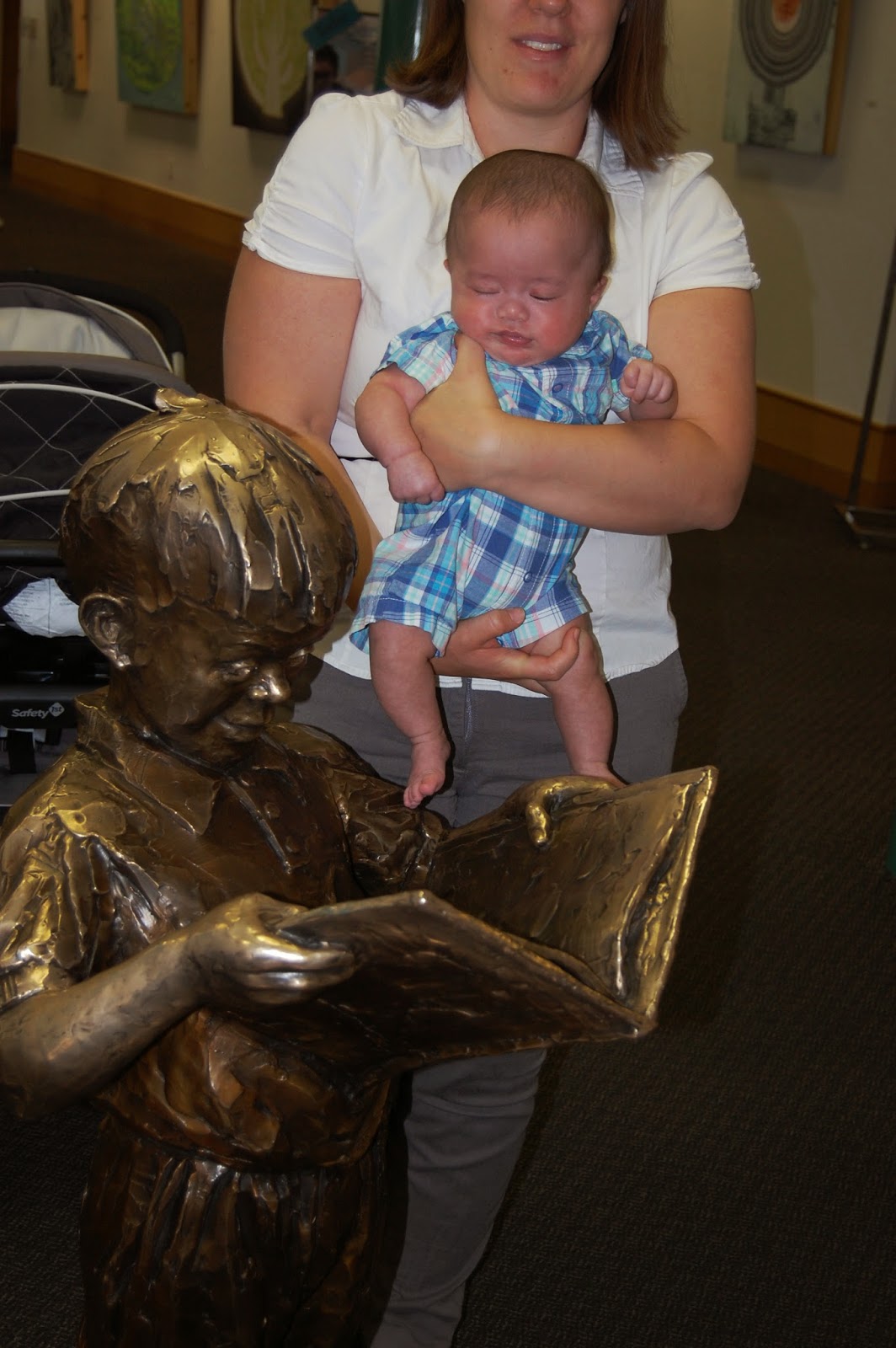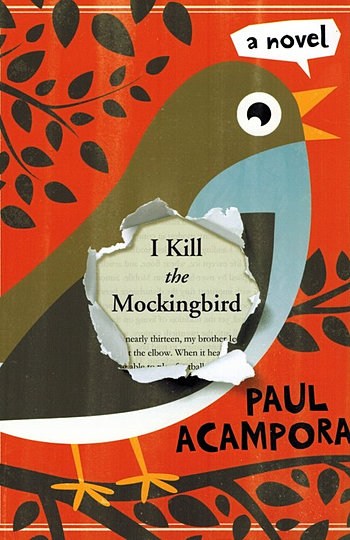I can't believe that I haven't read a book set in Alaska that I can remember. That vast state seems like a literary goldmine. There are certainly a lot of choices, but somehow, I managed to avoid them. I have not yet visited Alaska, but this book has increased my already strong desire.
The Smell of Other People's Houses by Bonnie-Sue Hitchcock
Hitchcock weaves the stories of four teens, Ruth, Dora, Alyse, and Hank, together. They each narrate their own story and are loosely connected through other minor characters. While each narrator is very different from each other they are all in search of the same thing, family, even if that family does not mean a blood relation.
I picked up this audiobook at the library because it is the libraries "One Book, One Community" pick, and I have thoroughly enjoyed it. It gave an excellent sense of place. Most of the book takes place in Fairbanks, Alaska in 1970. It touches on political issues like Alaskan statehood, relationships between the various native groups and those who moved from other parts of the States, and reliance on Alaska's natural resources for survival.
Hitchcock did a great job of giving each narrator a distinct voice which was enhanced by different voices for each narrator on the audiobook. Ruth uses beautiful imagery. Dora sounds tired and angry. Alyse is perky and hopeful, and Hank holds back. Hitchcock also sprinkles little bits of magical realism throughout the story. I don't want to give too much away, but orcas!
6 years ago















